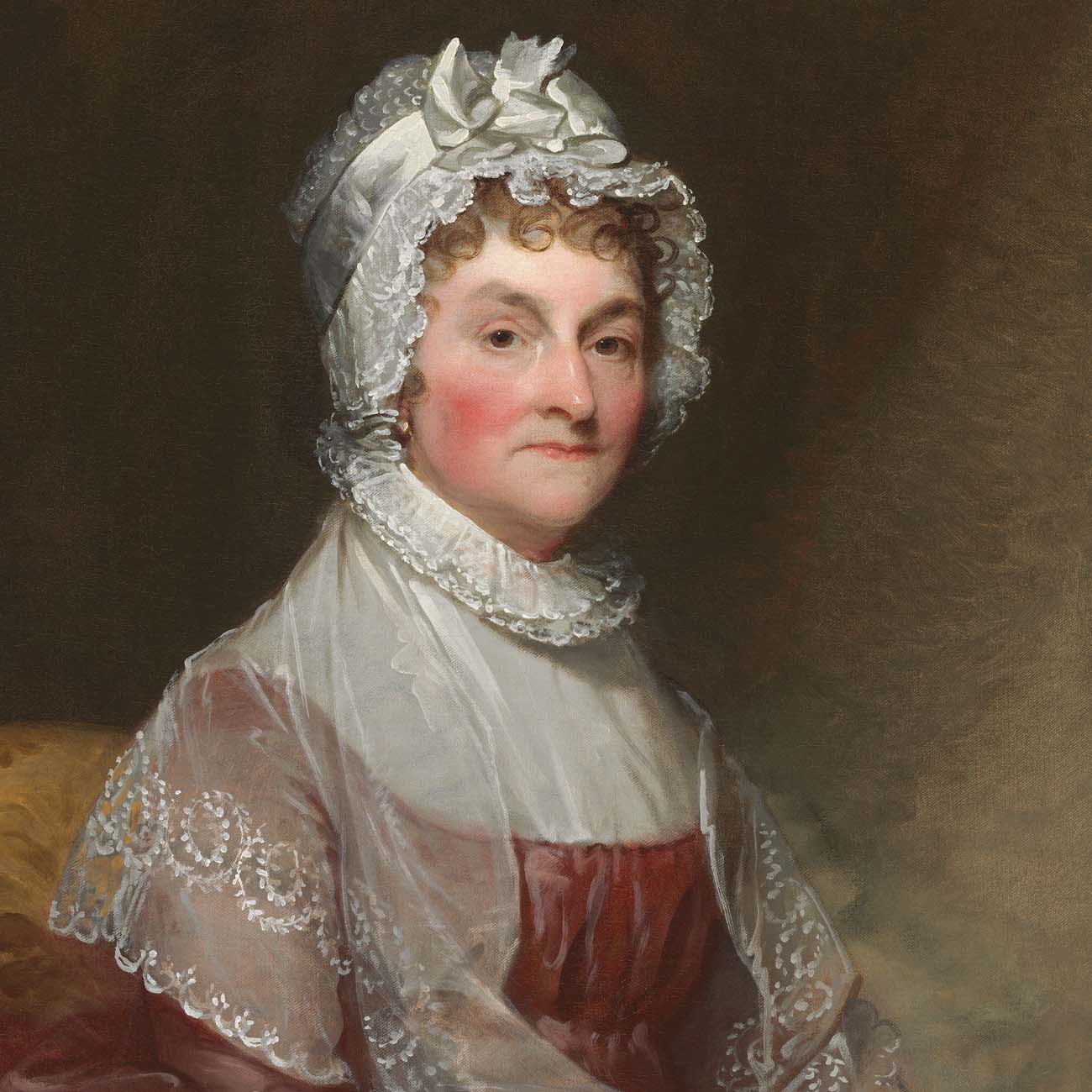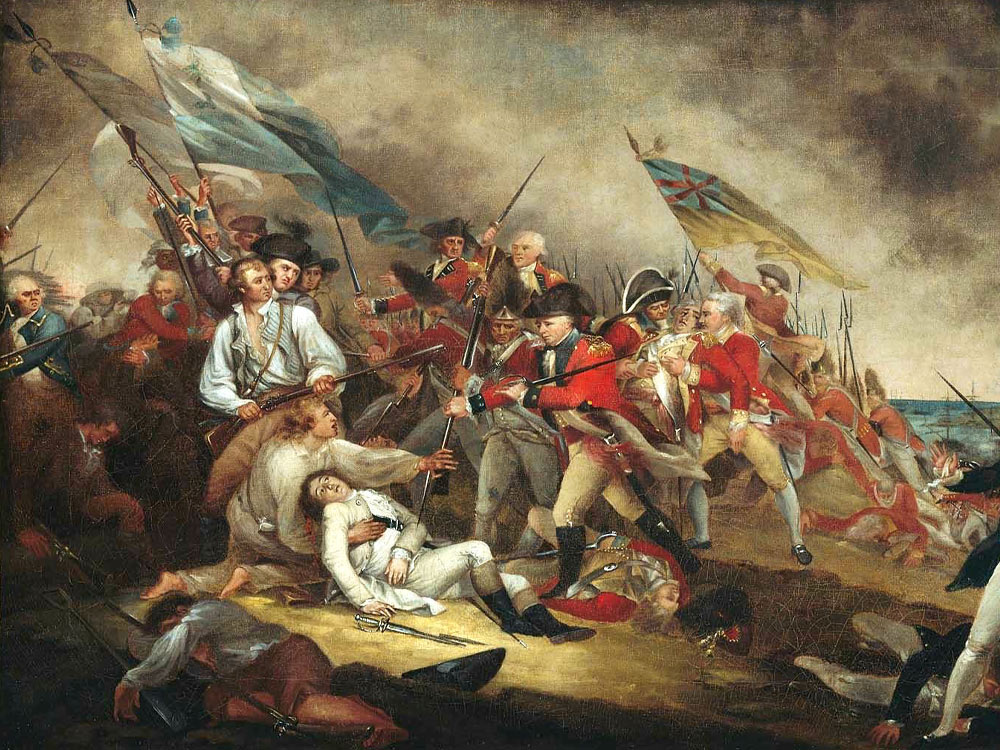Women and War
In 1775, women in America did not have formal political rights—they could not vote, hold office, or draft laws. However, they increasingly exercised political influence in indirect but public ways, through protest, print and participation in boycotts and domestic production that supported revolutionary goals. A century and a half later, the right for white women to vote was enshrined in the Constitution in 1920.
Colonial America had one of the highest birth rates in the world at the time—estimated at 5.5 births per 100 people per year (compared to 1:100 today). Women typically married in their late teens or early twenties. While families had many children, not all survived—infant mortality rates were high (often 20–30% or higher) and the average life expectancy was 36.
With men drawn off to war, traditional roles blurred. Women manage businesses in addition to domestic responsibilities. They served as educators and cultural bearers, teaching reading and religion within the home, and formed the backbone of church and charitable organizations. This gave women a de facto role in political and economic decisions.
In 1776, as the Declaration of Independence declared that “all men are created equal,” Abigail Adams wrote from home to her husband, John Adams, urging him to “Remember the Ladies” as he helped design the new nation’s laws. She hoped women might gain greater rights in the new republic taking shape. John Adams dismissed her appeal, writing, “We know better than to repeal our Masculine systems.” Like many of his time, he believed women should influence the nation not through politics, but by shaping the character of their husbands and raising virtuous sons.

Abigail Adams
Women held the “power of the purse”, controlling household purchases which were essential to boycotting British goods. The Daughters of Liberty, for example, organized spinning bees and promoted homespun cloth to protest British imports. A manuscript dated August 10, 1775, titled “Sundry persons bills for making cloth for the army”, records the work of 14 Newburyport women including Sarah Moody, Ann Bradish, Mary Fowler, Judith Stickney, and Hannah Somerby, who made shirts and breeches for Continental soldiers. By 1777, thousands of women followed the Continental Army as “camp followers,” working as cooks, laundresses, and nurses.
The legacy of these women is preserved by organizations like the Brigadier General James Brickett-Old Newbury Chapter of the National Society Daughters of the American Revolution. The Old Newbury Chapter was founded in 1896 and had four “daughters” of soldiers. Jane Hill Currier was daughter of Jonathan Hill of Exeter who served under Capt. Robinson and Col. Gerrish. Ruth Ilsley Short was daughter of Moses Short of Newbury who served under Capt. Titcomb and Colonel Cogswell. Abigail Ilsley Short was also daughter of Moses Short. Lydia Lowell Pender was daughter of Paul Lowell of Georgetown who served under Captains Sewell and Jenkins, and Colonels Sprout and Brewer. Old Newbury merged with the Nathaniel Tracy Chapter in 1899 and then with the Brigadier General James Brickett Chapter in 2007.

Special Thanks to:


Plan Your Visit
Plan Your Visit
- Museum Hours
Sunday: 12 pm - 5 pm
Closed Monday
- Tickets
$8 admission for adults
Free for NBPT residents, kids under 12, and museum members
Cost of admission includes access to the Discovery Center.
- Parking
City parking is available adjacent to the museum. View parking lot directions.

